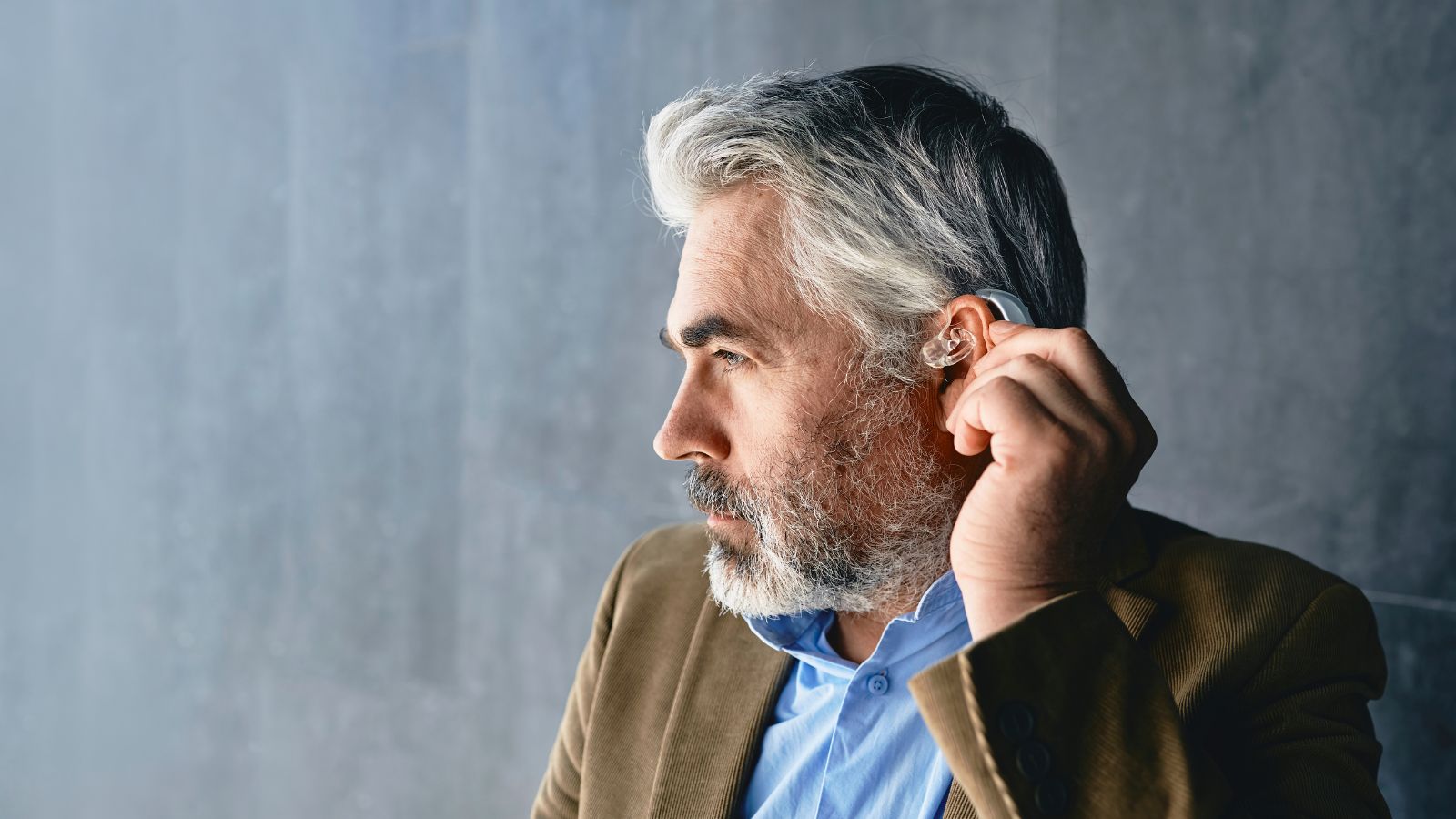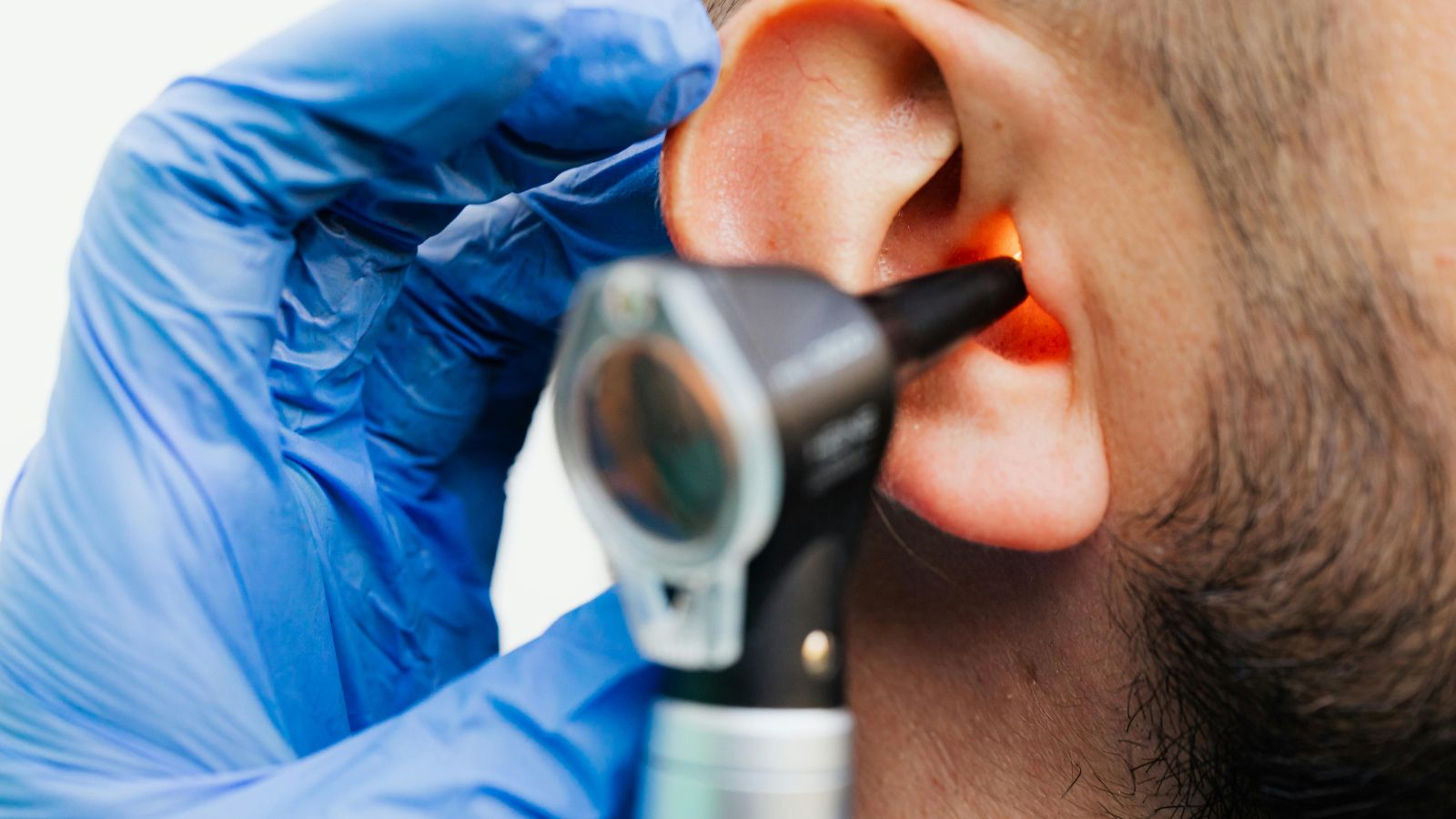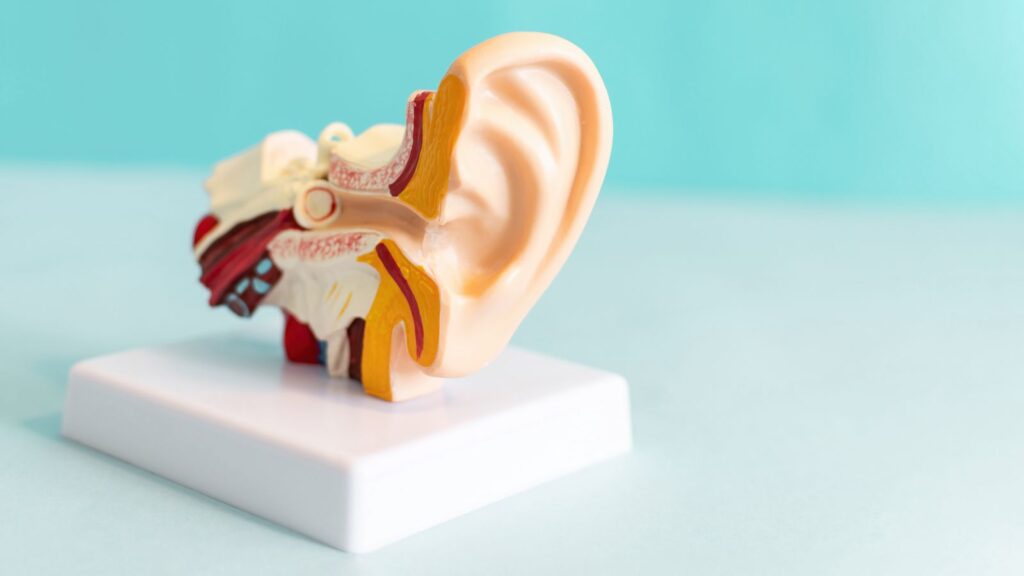As we get older, our bodies naturally go through a range of changes, and some of these can affect how we experience the world around us. One of the most common changes many people face is in their hearing. Maintaining good hearing health is often overlooked but is a crucial part of ageing gracefully. Let’s explore why hearing health matters so much as we age, how it affects our mind and body, and what practical steps you can take to keep your ears in great shape for years to come.
Why Hearing Health Is Crucial for Older Adults
Hearing loss isn’t just an inconvenience; it’s one of the most common health issues affecting older adults. Presbycusis, or age-related hearing loss, usually develops slowly over time, making it easy to ignore at first. However, untreated hearing loss can have serious consequences. It can make conversations harder to follow, leading to frustration and withdrawal from social situations. This isolation often results in feelings of loneliness and even depression. That’s why hearing health plays such an important role in maintaining mental wellbeing and staying connected to the people around us.
Hearing Loss and Cognitive Decline
There’s growing evidence linking untreated hearing loss with cognitive decline, including dementia and Alzheimer’s disease. When the brain has to work harder to process sounds, it diverts resources from other cognitive functions, which can accelerate mental deterioration. The good news is that addressing hearing loss with hearing aids or other interventions can help reduce these risks by keeping the brain engaged and stimulated. Looking after your hearing isn’t just about better sound—it’s about protecting your brain health too. Click on the link to explore methods to manage hearing loss.

Social Impacts of Hearing Loss in Older Adults
Struggling to hear can make everyday conversations exhausting, and over time, this challenge may cause older adults to avoid social interactions altogether. When hearing difficulties lead to social withdrawal, it can have a significant impact on quality of life. Loneliness is a serious issue that affects many older people, increasing the risk of depression and other health problems. Staying socially active is key to aging well, so recognizing hearing loss early and finding ways to adapt can help keep relationships strong and prevent isolation. However, many people hesitate to seek help due to hearing aid cost, which can vary widely. Understanding these costs and exploring affordable options can make all the difference in maintaining a healthy, engaged social life.
Physical Health and Hearing
Hearing health doesn’t only affect communication and mental sharpness — it can also influence physical wellbeing. There’s a clear connection between hearing loss and balance problems, which increases the risk of falls. Falls are a leading cause of injury in older adults, so maintaining good hearing can contribute to overall safety and mobility. Being aware of this link encourages us to take hearing health seriously as part of our broader physical care routine.
Proactive Hearing Health Care Tips for Aging Gracefully
One of the best things you can do is schedule regular hearing screenings, especially once you’re over 60 or if you notice any changes. Protect your ears from loud noises, be mindful of medications that might affect hearing, and avoid smoking, which has been linked to hearing loss. If hearing loss is diagnosed, hearing aids and assistive devices can make a world of difference. Beyond technology, healthy lifestyle choices such as balanced nutrition and regular exercise support not only your ears but your entire body as you age.

Emotional Wellbeing and Hearing Support
Hearing loss can come with an emotional toll—frustration, embarrassment, or even grief over lost abilities. It’s important to acknowledge these feelings and seek support when needed. Support groups, counselling, or simply having open conversations with family and friends can make coping easier. Encouraging understanding and patience within your circle will help create a supportive environment where hearing loss doesn’t have to feel like a barrier.
Technology and Innovations to Enhance Hearing in Later Life
Hearing technology has improved massively over recent years. Modern hearing aids are discreet, comfortable, and packed with features like Bluetooth connectivity and rechargeable batteries. There are also a variety of assistive listening devices that help in specific situations, such as watching TV or talking on the phone. Telehealth services mean you can even consult hearing specialists from the comfort of your home, making it easier than ever to get the care you need.
Conclusion
Taking care of your hearing is a key part of ageing gracefully. It helps maintain your mental sharpness, keeps you socially connected, protects your physical wellbeing, and supports your emotional health. Don’t wait until hearing loss becomes a problem — make hearing health a priority today. Book a hearing test, protect your ears, and embrace the technology and support available to enjoy life to the fullest at every age.
